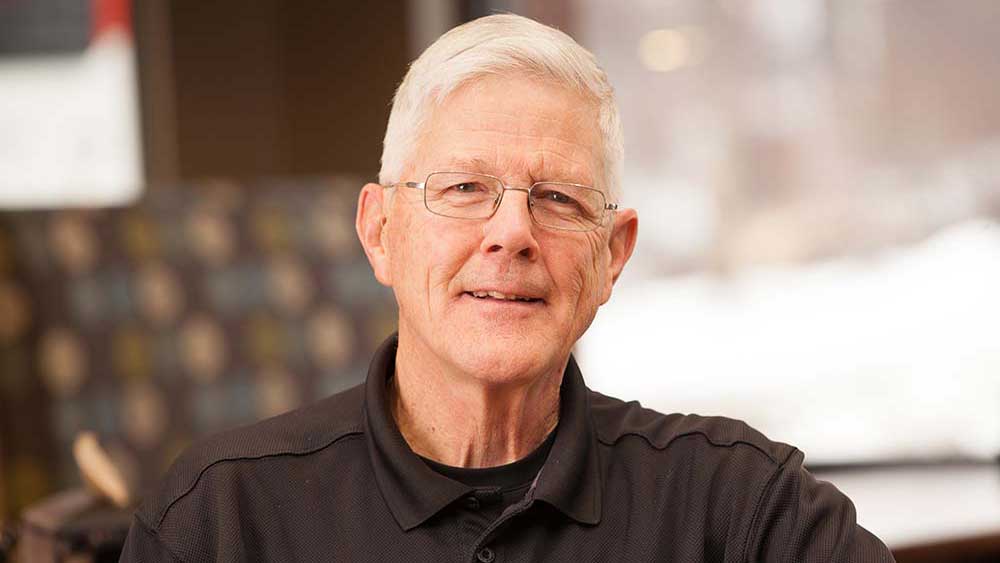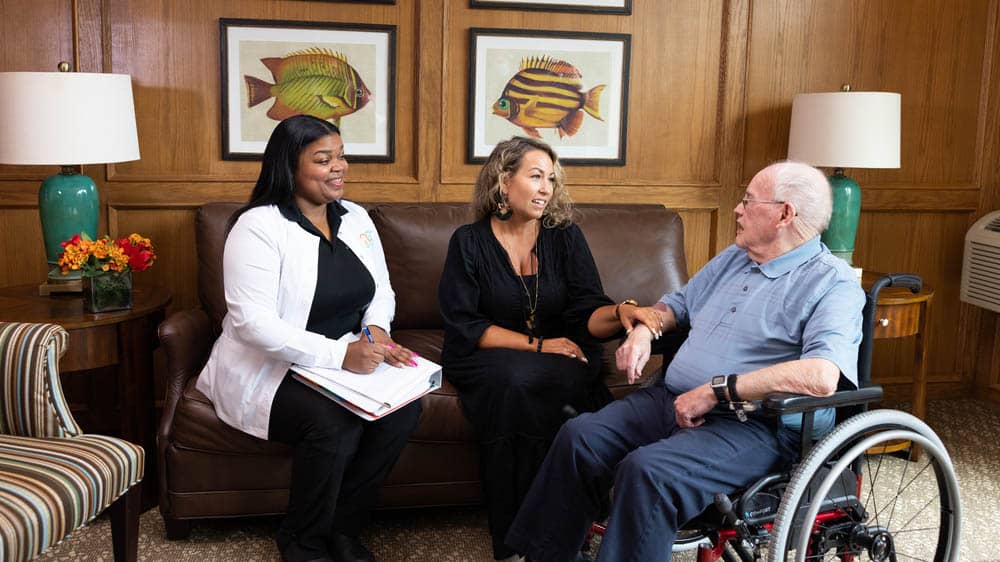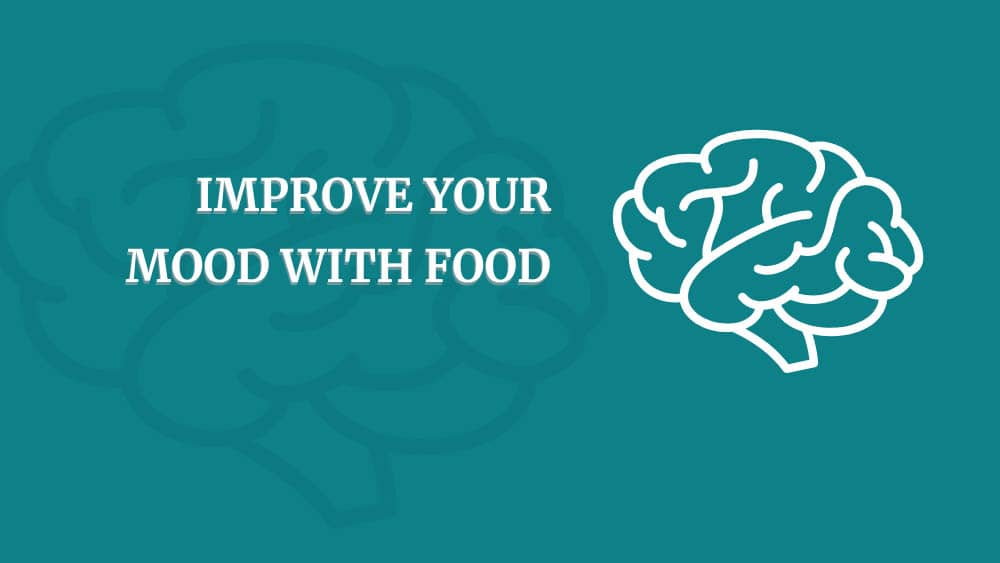

Caring for a Loved One With Aphasia
Our ability to communicate with others is something most of us take for granted on a daily basis. From small interactions, like asking someone to pass the salt, to more extensive conversations about complicated feelings, the ability to verbally communicate our wants and needs is a large part of the human experience.
Aphasia, however, occurs when someone loses their ability to communicate due to damage to the part of the brain that impacts language.
What Is Aphasia?
Aphasia can result from a trauma to the brain, such as a stroke, head injury, tumor, or even an infection. It impacts all modes of language including speech, writing, gesticulating and comprehension. Aphasia impacts roughly 2 million people in the United States, and an estimated 180,000 cases are diagnosed each year. Strokes are the most common cause of aphasia, and as a result, older people are the most affected by aphasia.
If you are caring for a loved one with aphasia, you may feel frustrated and overwhelmed at times. This may be especially true during the early stages of a diagnosis, but tapping into the tips listed below can help guide you through this new reality with patience and grace.
Expand Your Toolbox
By learning more about aphasia and the limitations your loved one is experiencing, you can begin to alter your behavior and expectations. Once you have a better understanding of the brain and how aphasia impacts communication skills, you can learn some new techniques and strategies for how to communicate with your loved one, including facilitative conversations. For example, according to APTUS Speech Therapy, “the temptation to fill all the silences, and to ask a question when they already know the answer (a test question)” can serve as a barrier to communication instead of a facilitator. Instead, the company recommends “leaving space to talk, prompting writing or gesture, and offering comments instead of test questions.”
Limit Distractions
If you or your loved one are used to having background noise on in the home, such as television or radio, turning it off in order to reduce distractions while trying to communicate can also help improve the experience for both of you. Providing your loved one with your undivided attention is an ideal way to try to connect with them—this is a good piece of advice both when loved ones are able to communicate clearly and when they are struggling with language after an aphasia diagnosis.
Take Advantage of Nonverbal Communication
Lingraphica, a technology company that creates devices to help improve speech impairments after a stroke or brain injury, encourages caregivers to use a pen and paper or dry erase board to help bolster communication with loved ones. It’s not uncommon for someone living with aphasia to know the first letter of the word they want to use, so having something nearby that they can write on provides a jumping-off point for them to communicate their thoughts. The benefit, as the company describes it, is that “as you draw and write, you can end up with a complete ‘story’ at the end of the conversation.”
Practice Self-Care
No matter your loved one’s condition, as their caregiver, it’s important to replenish your own energy throughout your caregiving journey. The best way to do this is to make time for yourself. Whether that means you make time every day to listen to your favorite podcast or audiobook, exercise, talk with a friend, meditate, or simply take a bubble bath, doing something kind for yourself isn’t selfish—it’s a necessity.
Bring in a Professional
There are a variety of resources you can tap into when you are feeling overwhelmed about caring for your loved one with aphasia. From bringing in a professional speech language pathologist to work with you and your loved one on tools and techniques for improved communication, to hiring a professional caregiver to provide you with some respite from your caregiving duties, knowing that you are not alone on this journey can make all the difference.







